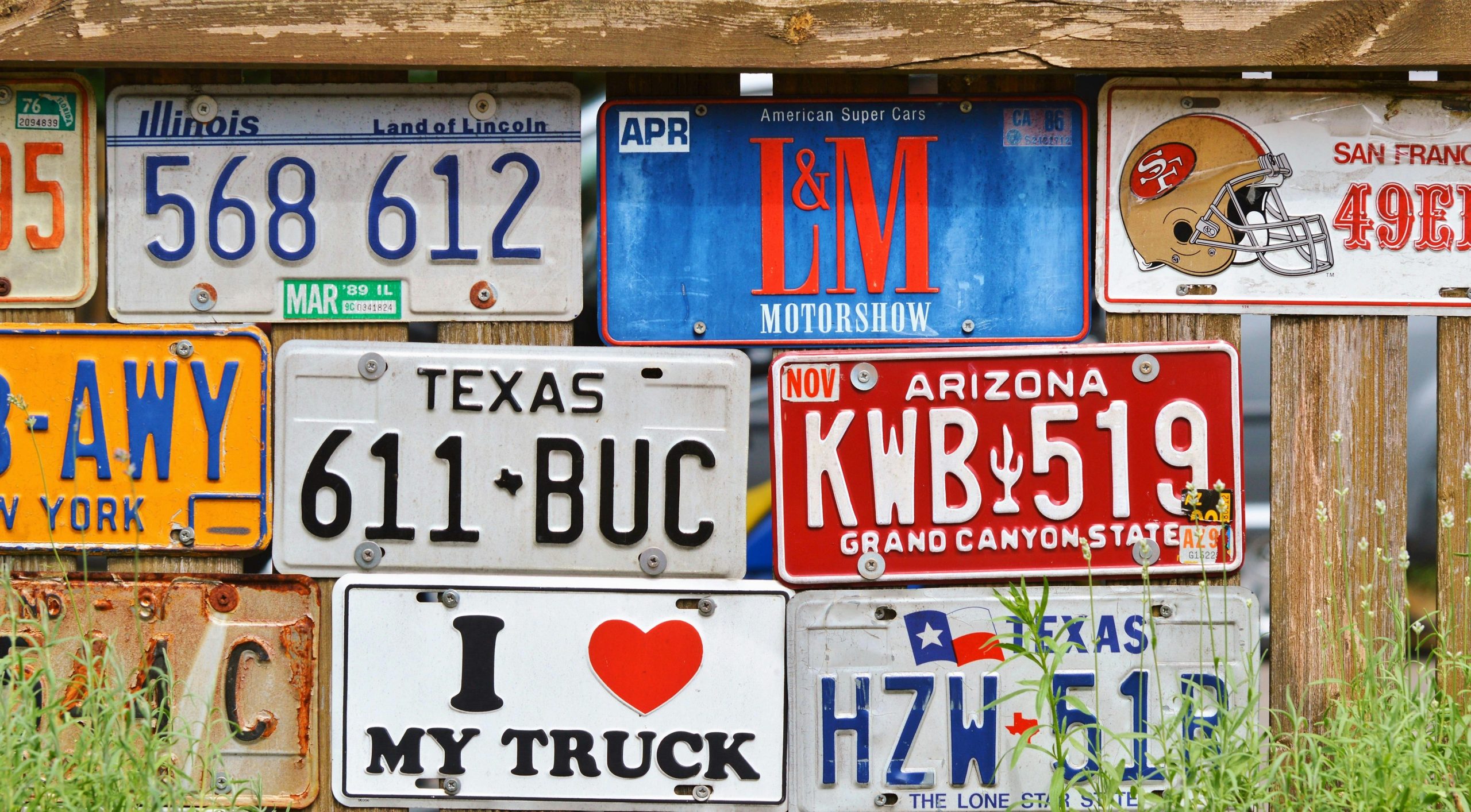I’m completely baffled as to why my car isn’t classified as totaled.
To give you some background, I might not have all the details right here. A few weeks ago, I hit a deer, and it caused significant damage to my 2017 Mercedes C300. The hood, bumper, grille, and right headlight assembly need replacing, while the right fender could likely be repaired. The estimated repair cost is around $7,700, and I was certain this would total the vehicle since its market value is only about $9,000 to $10,000. I’ve been trying to sell or trade it for the last year, but with over 110,000 miles on it, cosmetic damages, a coolant leak in the heater core, and a need for a new purge valve, I’ve received four different dealership evaluations, all agreeing it’s worth no more than $10,000. Two dealers offered $5,000 for an outright sale, while the other two offered around $7,600, aligning with the valuation by CarMax. Even Mercedes advised against investing $8,000 into repairs, offering me just $5,000.
However, Progressive gave me a valuation of $16,475, which seems based on average sale prices at dealerships. My concern is, if my car were to be totaled, I wouldn’t receive $16,000 since that’s unrealistic given its current condition. This valuation feels speculative, influenced by dealership markups. No one from Progressive has inspected my car or inquired about prior damages—nothing. When I tried to engage with their representative, it felt like he was dismissing my concerns, insisting they won’t evaluate the car until it’s officially declared totaled.
Is this even proper practice? I’m expecting a call from the estimator tomorrow, but honestly, it seems like he just ran my VIN through a program and pulled a number out of thin air. Should I push back harder on this? Everyone I’ve asked has encouraged me to do so.




It sounds incredibly frustrating to be in this situation! It’s understandable to feel confused, especially when the numbers seem so far apart. Insurance valuations can often be perplexing because they use different methods to determine a car’s worth.
First, it’s important to understand that insurance companies often use a fair market value approach, which can be based on the sale prices at which similar cars have sold in your area. However, these numbers can sometimes be artificially high due to dealership markups or the condition of the market at the time.
Here are a few suggestions on how to handle the situation:
Gather Documentation: Compile all the evidence you have regarding your car’s condition and valuations. This includes the estimates from dealerships, any reports about the repairs needed, and your communications with Progressive.
Request a Review: Ask Progressive for a detailed breakdown of how they arrived at their valuation of $16,475. They should be able to provide you with comparable sales data and explain their methodology.
Negotiate: If you believe the valuation is inflated, don’t hesitate to negotiate. Present the evidence you gathered from dealerships, especially if they offered significantly lower amounts for your car.
Consider a Second Opinion: If you feel like Progressive isn’t valuing your car fairly, you might want to consider getting an independent appraisal from a reputable source, which can provide an unbiased perspective on your car’s value.
Know Your Rights: Familiarize yourself with your state’s insurance regulations. Many states have specific requirements regarding how insurance companies must value totaled vehicles, and you may have grounds to dispute their valuation if they’re not following protocol.
Escalate if Necessary: If you don’t get a satisfactory response, consider asking to speak with a supervisor or a claims adjuster who can reassess the situation.
In situations like these, it’s often about persistence. Don’t hesitate to advocate for yourself! Good luck, and I hope you get a resolution that feels fair.